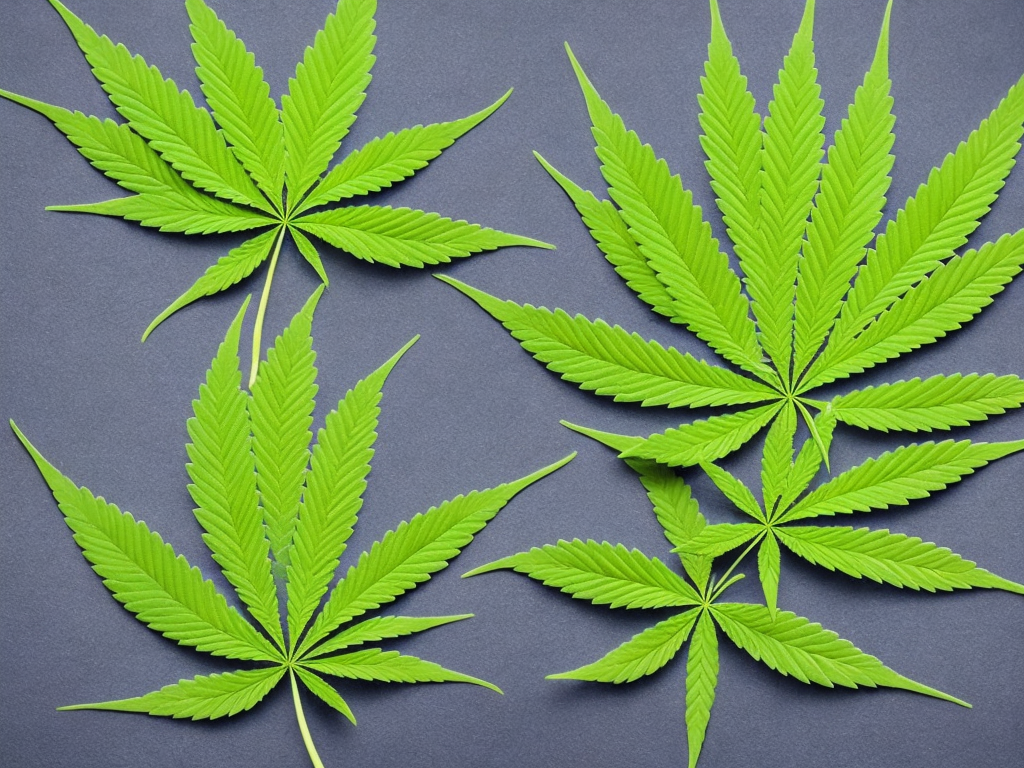
The cannabis plant is known for the various types of cannabinoids that exist within it. Two such compounds that are becoming increasingly popular are Delta 8 and Delta 9 tetrahydrocannabinol (THC). Although they may sound similar, Delta 8 and Delta 9 have some significant differences that make them unique.
What is Delta 8?
Delta 8 THC is a minor cannabinoid that is found within the cannabis plant. It is structurally similar to Delta 9 THC, but it has some differences in its molecular composition. Delta 8 is produced when THC is exposed to air and light. It can also be synthesized in a laboratory setting.
Delta 8 is gaining popularity among consumers due to its ability to provide a milder psychoactive effect than Delta 9 THC. Many people who have tried Delta 8 have reported feeling more relaxed and less anxious than when they consume Delta 9. Delta 8 also has medicinal properties, such as anti-nausea and anti-anxiety effects.
What is Delta 9?
Delta 9 THC is the most well-known cannabinoid found in the cannabis plant. It is the compound responsible for the intoxicating effects that are associated with marijuana use. Delta 9 THC binds to the CB1 receptor in the brain, which is responsible for the psychoactive effects experienced by users.
Delta 9 THC is known for its potent effects, and it is the primary compound that is tested for in drug screenings. It can also have some medicinal properties, such as pain relief and appetite stimulation.
Differences Between Delta 8 and Delta 9
While both Delta 8 and Delta 9 are forms of THC, they have some significant differences that set them apart. For example:
1. Psychoactive Effects
Delta 8 THC is known for its milder psychoactive effects compared to Delta 9 THC. Users of Delta 8 THC have reported feeling more relaxed and less anxious than when they consume Delta 9. Some people have described it as a smoother experience without the paranoia and anxiety that can be associated with Delta 9.
2. Legal Status
Delta 8 is legal under federal law as long as it is derived from hemp and contains less than 0.3% Delta 9 THC. Delta 9 THC, on the other hand, is still illegal under federal law and is classified as a Schedule I controlled substance. However, some states have legalized the use of Delta 9 for medical and/or recreational purposes.
3. Strength
Delta 9 THC is known for its potent effects, while Delta 8 THC is considered to be less potent. This is because Delta 8 binds to the CB1 receptor differently than Delta 9, which results in a less intense experience. Some people find that Delta 8 produces a more clear-headed experience compared to Delta 9.
4. Medicinal Properties
Both Delta 8 and Delta 9 have medicinal properties, but they differ in their effects. Delta 8 is known for its anti-nausea and anti-anxiety effects, while Delta 9 is known for its pain relief and appetite stimulation properties.
5. Availability
Delta 9 THC is widely available in dispensaries and on the black market. Delta 8 THC is less common, but it is becoming more widely available as more states legalize hemp and cannabis products.
Final Thoughts
Delta 8 and Delta 9 THC are two separate forms of tetrahydrocannabinol that differ in their psychoactive effects, legal status, strength, medicinal properties, and availability. While Delta 9 THC is the more well-known form of THC that is associated with marijuana, Delta 8 THC is gaining popularity due to its milder psychoactive effects and anti-nausea and anti-anxiety properties.
Consumers should be aware of the differences between the two compounds and should only purchase products from reputable sources. It is important to do your research and speak with a healthcare professional before consuming THC products.
 Self-Instruct
Self-Instruct